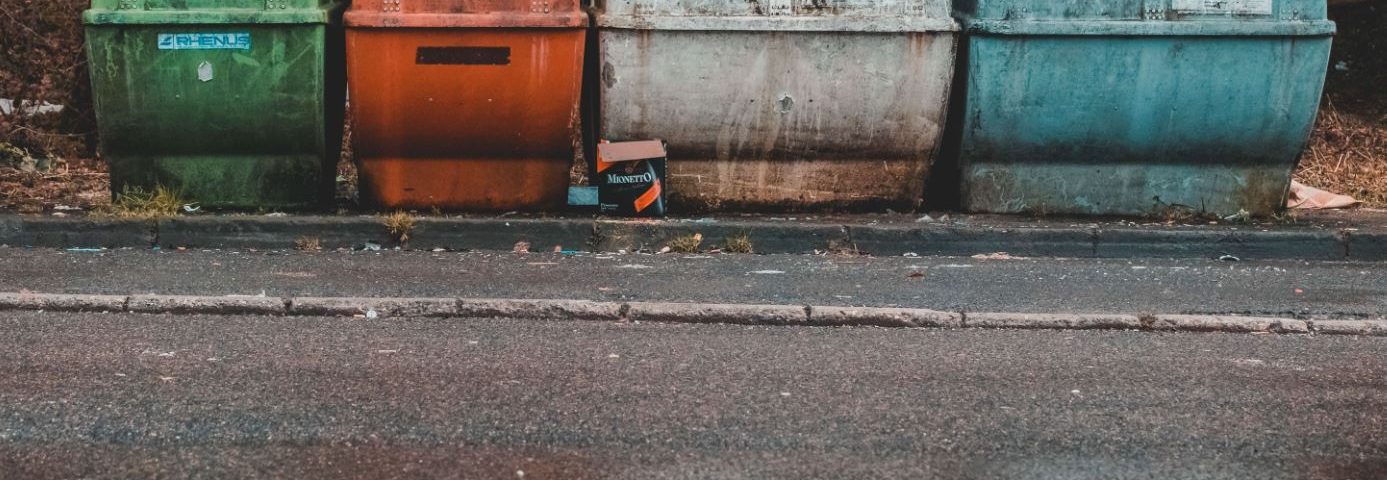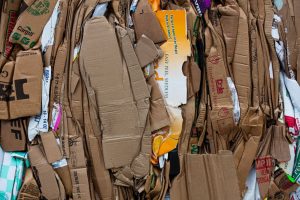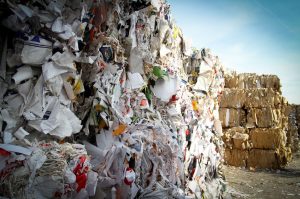
The decision to recycle more and better every day is both an act of individual responsibility and a community decision that has been imposed on all Europeans by law. For over a decade now, Europe has been taking a pioneering stance in terms of legislation regarding recycling in an effort to put Europe at the forefront of world environmental protection.
Back in 2008 the Framework Directive on Waste and Contaminated Land established an ambitious series of objectives that all EU countries have since incorporated into their respective legal systems. In the case of Spain, this has manifested itself in the form of Law 22/2011 of 2011 on Waste and Contaminated Land. Europe has not stopped there, however, and this year, in an effort to continue the progression towards a circular economy, a series of measures relating to continued improvement in recycling and, above all, the elimination of organic waste and the direct disposal of untreated waste in landfill sites, have been approved.
The new European Directive on Waste (2018/851), published on the 14th of June last, establishes far more ambitious recycling objectives for the coming years. According to law 22/2011, by the year 2020 the amount of domestic and commercial waste destined to be prepared for recycling and reuse (paper, metal, glass, plastic, bio-waste and other recyclable materials) must reach a combined minimum of 50% of the total weight. European Directive 2018/851 establishes future recycling objectives at 55% by 2025, 60% by 2030, and 65% by 2035.

In terms of bio-waste, selective collection will be obligatory before the 31st of December, 2023, and only bio-waste that has been selectively collected will be considered for recycling. From the 1st of January, 2027, bio-stabilized materials will no longer be considered for recycling. Regarding hazardous and textile waste, the law requires the implementation of selective collection before the 1st of January, 2025. Regarding containers, waste recycling must reach 65% in 2025 and 70% in 2030, with criteria that varies according to the material in question (plastic, paper and cardboard, glass, metal and wood). And finally, by the year 2035, landfill disposal will be limited to a maximum of 10% of the total amount of waste currently destined for landfill.
With this in mind, the first step towards reaching a high percentage of recycling is separation at the point of origin. Every day European citizens are being asked to separate more of our waste and with increasingly more specific criteria. It is not just the quantity, but also the quality of the products we recycle that is important, and for this reason the municipalities in which we live are offering:
- Container systems for all the categories – GLASS, PAPER-CARDBOARD, CONTAINERS AND ORGANIC MATERIALS – the last of these being separate to the others, in what we call the 5th container.
- Alternatively, door-to-door collection systems with one waste category being collected every day.
- Or a combination of the two systems, and without forgetting commercial waste collection and collection from the principal waste generators, i.e. schools, hospitals, shopping centres…

No one system is better than the others, and each municipality should implement that which best suits its needs and circumstances. The best waste is that which is never generated and therefore does not have to be collected. Rather than focussing solely on the container on the street, we should, and must, focus on ‘containers’ in the home and how to INFORM AND EDUCATE the general public so that the entire process, from the purchase of a product to its final disposal, is made easier.
In short, the objective is to not generate waste, and to progress towards a zero waste society, the key in this case being to leave behind the linear model of economy and implement the circular model. It is also very important to create awareness regarding the benefits of good practises in terms of waste, in other words reduce, reuse and recycle. Those who recycle more and better should be rewarded and receive some benefit or compensation, as opposed to those who make no effort in the home. We must continue to encourage a culture of zero waste, and it is the responsibility of all of us to care for our planet so that our children’s children may inherit a world that offers them a quality environment in which they may prosper. The decision to recycle more and better every day is both an act of individual responsibility and a community decision that has been imposed on all Europeans by law.





There are no comments yet